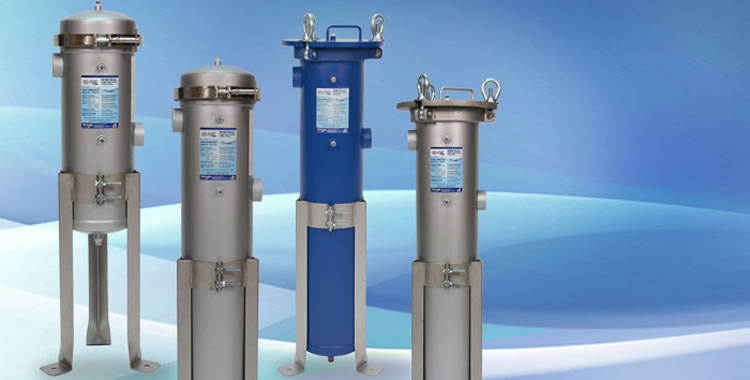
Filter housings play a crucial role in ensuring the efficiency and longevity of your filtration system. With an array of options available, selecting the right filter housing can be overwhelming. However, understanding the key factors and features can simplify this process significantly.
Filter housings are protective casings designed to hold and secure filtration components like cartridges, membranes, or bags. They safeguard these elements from damage while directing the flow of fluid through the filter media.
There are various types of filter housings catering to different needs:
Ideal for small-scale applications.
Suited for high-flow or high-capacity filtration needs.
Known for durability and resistance to corrosion
helps effectively remove the industrial specks of dust and dirt.
The type and size of particles or contaminants you aim to remove dictate the housing specifications. Consider the filtration media compatibility with the housing material and the flow rate needed for optimal filtration.
Evaluate the environment where the filter housing will operate. Stainless steel withstands harsh conditions, while plastic might suffice in controlled environments. Durability, chemical resistance, and temperature tolerance are critical considerations.
Select a housing that matches your system's flow rate and the volume of filtration required. Ensure the housing's capacity aligns with your filtration needs without compromising efficiency.
Ease of maintenance and installation procedures significantly impacts long-term convenience. Some housings offer quick-opening closures or easy-to-replace components, reducing downtime during maintenance.
Balance between quality and cost-effectiveness. While stainless steel housings might be more durable, they can also be pricier compared to plastic alternatives. Evaluate long-term maintenance costs before making a decision.
Choosing the perfect filter housing involves considering various factors like filtration requirements, material, size, maintenance, and budget. By understanding these crucial aspects, you can simplify the selection process and ensure an efficient and reliable filtration system tailored to your specific needs.
